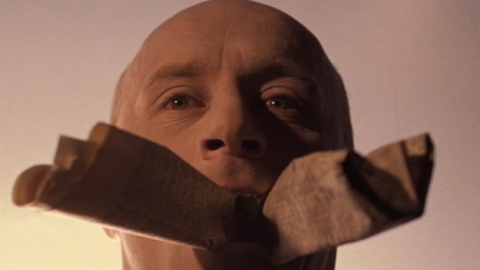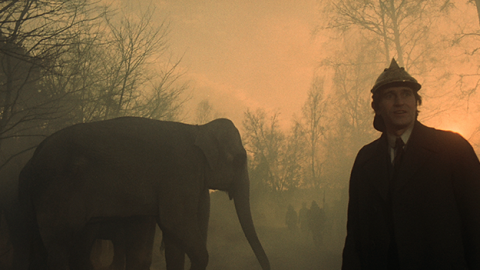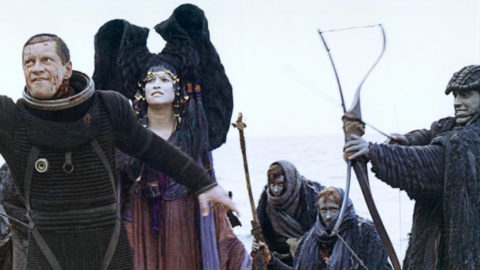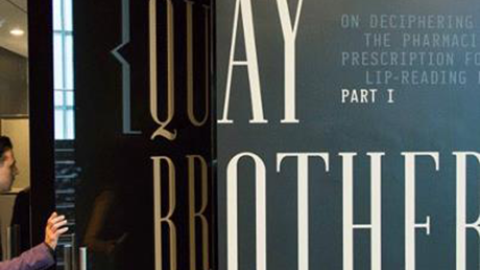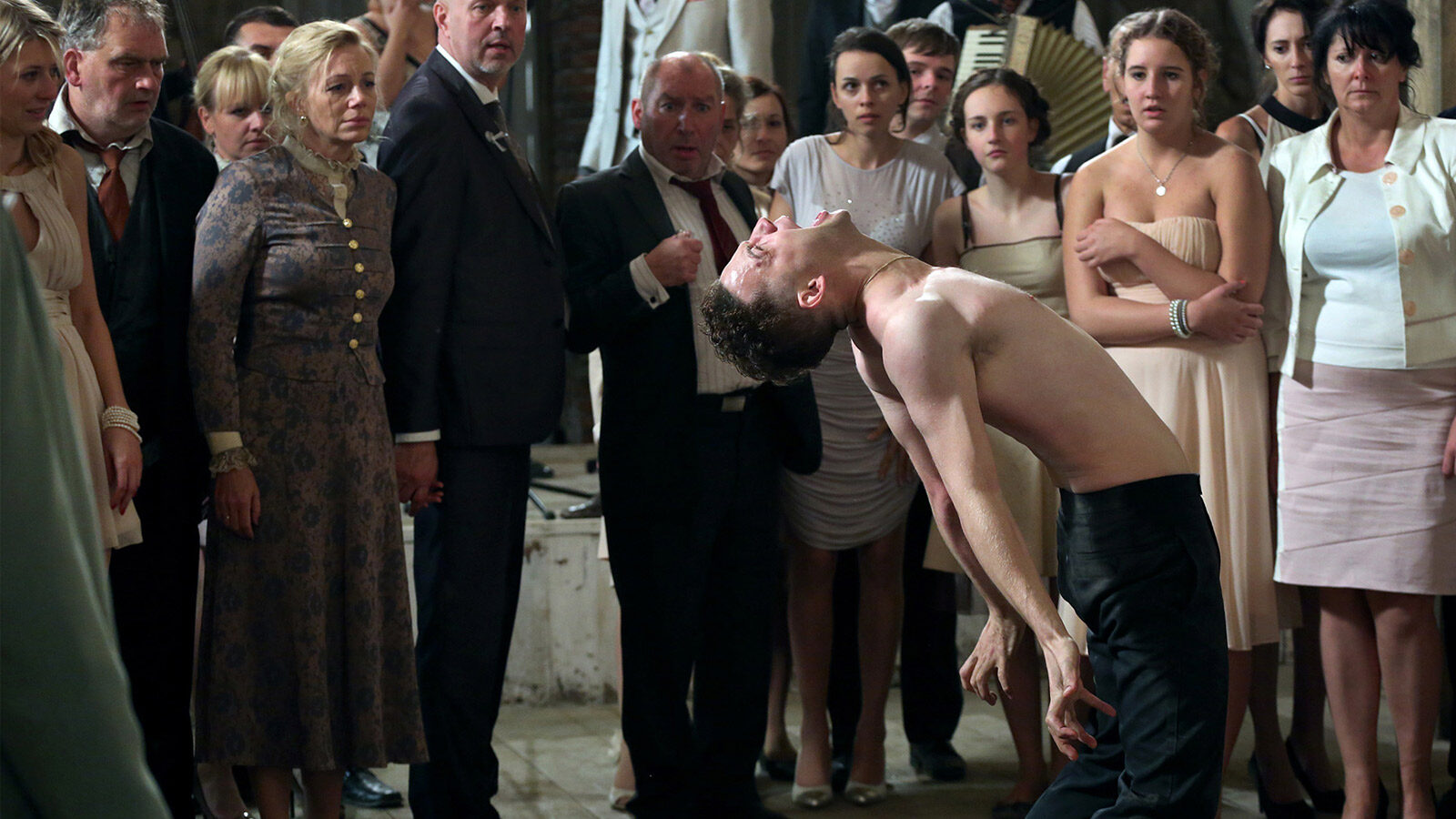
Short Takes: Demon
In the opening sequence of Marcin Wrona’s contemporary ghost story, a bulldozer drives through a provincial Polish town. Expat Piotr (Itay Tiran) is returning from London to get married, and that bulldozer will unearth a dark secret buried on the estate inherited by his bride. As a broader metaphor, the machine’s brute force is a reminder that history, when denied, can resurface violently.
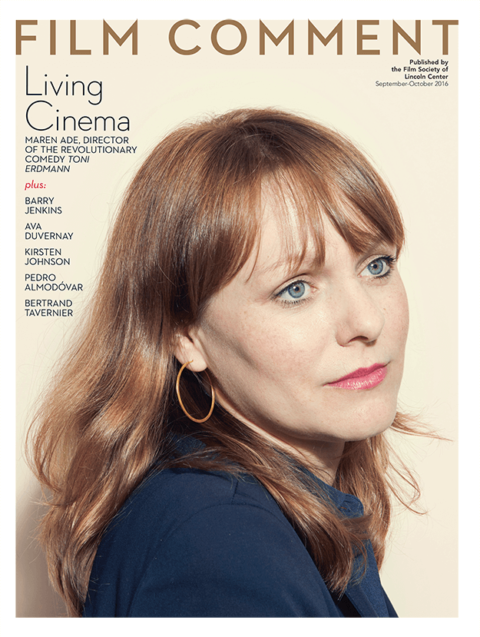
For a tale of repressed guilt, Demon sparkles with humor, reveling in the macabre. As the vodka flows at Piotr’s wedding, his guests succumb to bizarre hysterias. Meanwhile, the groom is possessed by the spirit of a local Jewish girl who was tragically in love with a Pole—and was murdered in the Holocaust. Ironically, his madness affords him the clarity to ferret out the true provenance of his in-laws’ homestead, endangering their reputation. In Wrona’s scathing portrayal, the family has little smarts or empathy, yet demonstrates a boundless determination to save face at all costs.
The rustic setting and folk music performed at the wedding are pointedly timeless, offsetting the contemporary trappings of dress and manners. This is apt, for Wrona’s inspirations range from Jewish folktales to Polish literature’s longstanding fascination with pagan ghosts and rituals. And although Demon does not quite do justice to a complex historical context, the horror scenes—particularly when Piotr writhes and whimpers as he adopts the female spirit’s manner, his voice and body transformed—are genuinely riveting.



